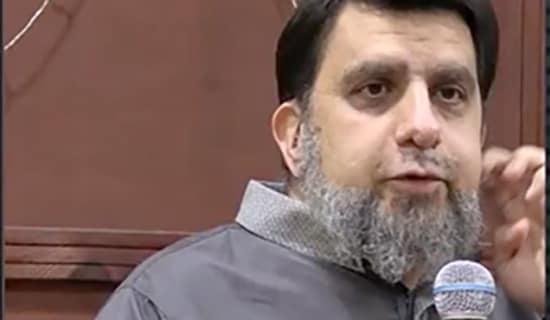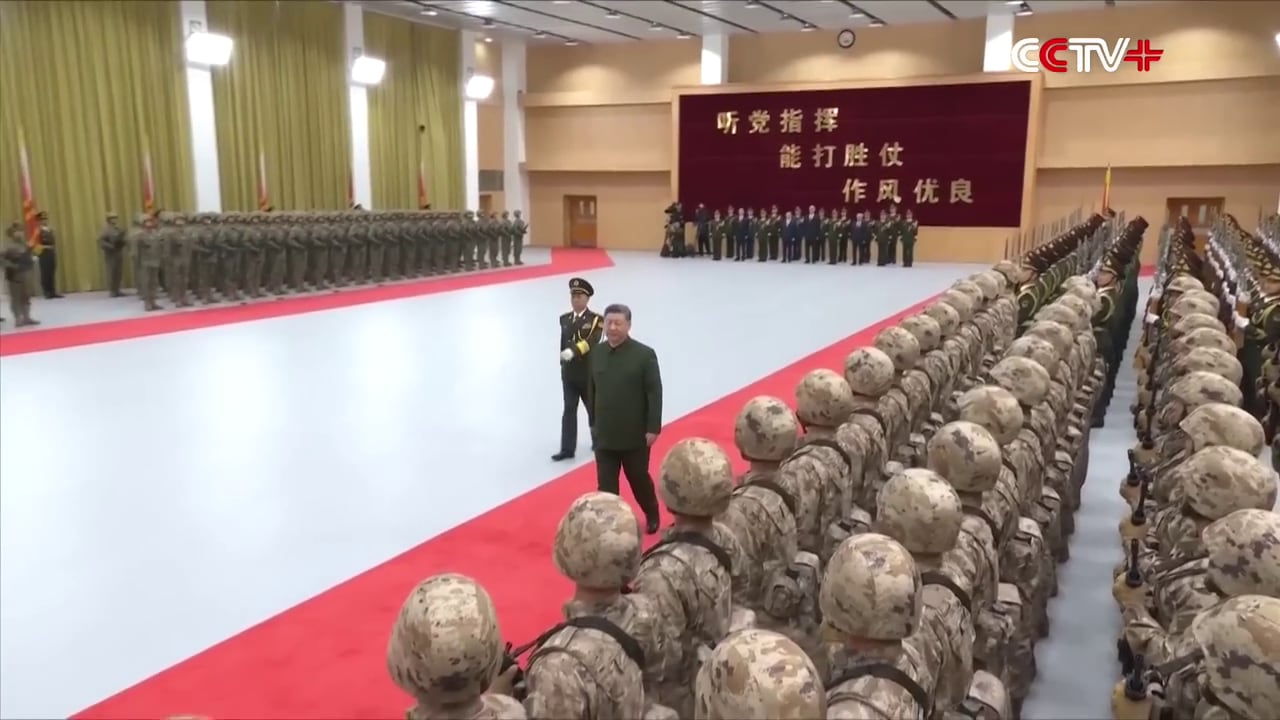
Following are excerpts from interviews with Syrian President Bashar Al-Assad which aired on Al-Jazeera TV on July 13, 2008 and on Dubai TV on July 15, 2008.
Al-Jazeera TV, July 13, 2008
Interviewer: Mr. President, do you believe that the new chapter in [Syrian] relations with France and the other Western countries will put an end to all the commotion about Syria, about the Al-Hariri assassination, and so on, that has been prevalent in recent years?
Bashar Al-Assad: Most of this commotion originates in the U.S. I don’t think there is a significant change in the position of this administration, because this administration has failed in various areas and in different issues, and it is looking for a scapegoat on which to pin its mistakes. For the U.S., Syria is the most convenient scapegoat. As long as [the U.S.] makes mistakes and refuses to acknowledge them, it will continue to blame Syria in many issues.
[...]
Interviewer: Do you have any expectations from the new administration, especially with regard to the pair – McCain or Obama? Are you interested in this?
Bashar Al-Assad: We do not pin our hopes on any person as the next president, especially since what is said during the elections campaign may be completely different from the subsequent policies. But in my opinion, even if a conservative comes to power – or a neo-con, as they call them in the U.S. – I don’t believe he will make the same mistakes as the current administration. We have heard from several Americans that any future administration will bring with it something new and positive, which will be different from what we see now.
Interviewer: Especially if it is Obama?
Bashar Al-Assad: Like I said, we don’t pin our hopes on individuals, and I don’t know this person. There are more positive echoes with regard to Obama, which I hear in the media and from people I meet. But we don’t have any direct contact with this person to pass judgment.
Interviewer: In the past, there was a proposal of full normalization in return for a complete withdrawal. Do you still uphold this?
Bashar Al-Assad: We should not fall into concepts that come from the West or from Israel. As far as we are concerned, the term “normalization” does not exist. Since the beginning of the peace process, we have talked about “regular relations.” If you call it “normal” or “normalized” relations – it makes no difference. It’s called “regular relations,” which is like the relations between any two countries – there are embassies, relations, and agreements, things can either deteriorate or improve, the relations can be either warm or cold. That is part of the sovereignty of each country. We call it “regular relations.”
[...]
Interviewer: Will Syria refrain from signing anything so long as there is no progress with the others, especially the Palestinians?
Bashar Al-Assad: If all our demands and conditions are met, and all Syrian rights are restored, Syria will not be able to say “no” to peace. But as I always say, signing a peace agreement on a certain track does not mean peace. We still have Palestinian refugees, and there is the Palestinians issue, with which the entire Arab people sympathize. If we do not resolve this issue, it will be difficult to make progress towards peace. The “regular relations” I am talking about are not divorced from people’s emotions and interests. If peace is not achieved on the Palestinian track, and there is aggression against the Palestinians, we will not have real peace even if [Israel] signs a peace agreement with Syria. Therefore, we always say that peace means comprehensive peace. If the Syrian track gives a boost to the other tracks, it is a good thing, but if we think that the Syrian track alone means peace – that’s not the case.
[...]
Interviewer: How did you deal with the [French] demands about human rights in Syria vis-à-vis President Sarkozy?
Bashar Al-Assad: When we talk with foreign officials who raise the issue, we say to them, without exception, that this is an internal issue, in which nobody has the right to interfere. I said this just as clearly to President Sarkozy. But we say that we understand the principles they are talking about, and we understand that there are internal messages that must be conveyed to the French or European public, for their own reasons. Do we talk with them? Yes, we do. We explain the development process Syria is undergoing. But this process is Syrian par excellence, and we do not take any measure due to someone else’s request. The truth is that they stopped asking Syria for anything a long time ago, and President Sarkozy understands this. But as I have said, we have no reservations about discussing this, or about having it mentioned in a press conference, as was agreed upon. Syria is undergoing a reform process which is based on the circumstances and obstacles that we face.
[…]
Bashar Al-Assad: We released most of the people who participated in the incidents in the ‘80s. Some of them took part in terrorist activities. Thousands were freed from prison…
Interviewer: Many were freed, and others replaced them…
Bashar Al-Assad: No, only several dozen or even less…
Interviewer: Can we expect them to be freed as well?
Bashar Al-Assad: Let’s see why they were put in jail. People go to prison for breaking the law, and not for opposing or criticizing the Syrian government. There is no such law, and it is not done in practice. We in Syria have stringent laws – it is forbidden to talk about sectarianism, or about anything that threatens national unity, pan-Arab affairs, and so on. It is forbidden to have ties with foreigners who operate directly against the country. Syrian law is clear on these things. The law is stringent, in order to preserve national unity, and we implement the law stringently.
[…]
Dubai TV, July 15, 2008
Bashar Al-Assad: The truth is that during the preparations for this visit, it was agreed that domestic issues – and this is Syria’s position in general – would not be discussed with any non-Syrian official whatsoever. This is a position that [Syria] has held for a long time. We do not allow any interference in our internal affairs. But we always explain the development process that Syria is undergoing. It is important for us that others understand it, without interfering. President Sarkozy respected this. We agreed that the issue would not be mentioned in the joint statement, but I said to him: If you wish to talk about it, for reasons pertaining to France and your own principles – we have no objection. But you should know that we are not prepared to do anything or to receive any requests or dictates on this matter. He respected this.
[…]
On the issue of peace, as I’ve said, we did not make any concessions. Even when they proposed, before this visit, a meeting between Olmert and myself, I said that this was not acceptable. When a peace agreement is signed, it will be possible to propose this, and then we will discuss it and consider it. I am not saying that it will or will not happen. We will give nothing in return for anything [we get]. The real thing [they will get] in return… Let’s go back to the issue of realism… They know that what they will get in return is the ability to play a more significant role in the Middle East.












